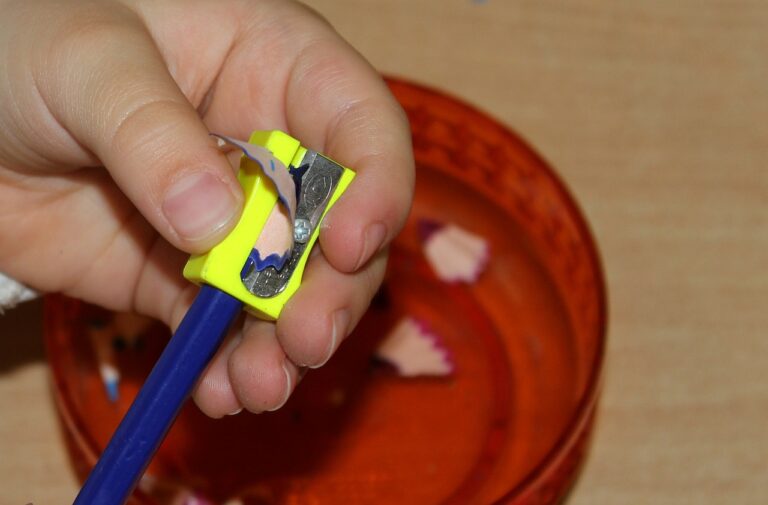The Role of Early Childhood Education in Long-Term Academic Success: Investing in Early Learning
Early childhood education plays a crucial role in shaping a child’s development and future success. Research has consistently shown that exposing young children to quality education early on can have a positive impact on their cognitive, social, and emotional development. By providing children with a strong educational foundation during these formative years, we are setting them up for academic achievement and overall well-being in the years to come.
Moreover, early childhood education helps children build important skills such as problem-solving, critical thinking, and social interaction. These skills are essential not only for academic success but also for navigating the complexities of the modern world. By fostering a love for learning and curiosity in young children, early education programs lay the groundwork for a lifelong journey of growth and development.
• Early childhood education plays a crucial role in shaping a child’s development and future success.
• Research has consistently shown that exposing young children to quality education early on can have a positive impact on their cognitive, social, and emotional development.
• Providing children with a strong educational foundation during these formative years sets them up for academic achievement and overall well-being.
• Early childhood education helps children build important skills such as problem-solving, critical thinking, and social interaction.
• These skills are essential not only for academic success but also for navigating the complexities of the modern world.
• Fostering a love for learning and curiosity in young children lays the groundwork for a lifelong journey of growth and development.
The Impact of Early Learning on Academic Achievement
Achieving academic success is heavily linked to the early learning experiences children receive. Research consistently shows that children who participate in high-quality early childhood education programs are more likely to excel in school. Early learning programs not only help children develop crucial foundational skills like literacy and numeracy but also instill a love for learning that can last a lifetime.
Furthermore, early education can have long-lasting effects on academic achievement by closing the achievement gap between disadvantaged children and their peers. By providing all children with equal access to quality early learning opportunities, we can ensure that every child has the chance to reach their full academic potential. The impact of early learning on academic achievement is undeniable, highlighting the importance of investing in early childhood education for the future success of our children.
How Early Education Sets the Foundation for Future Success
Early education plays a crucial role in shaping a child’s future success. During the early years of a child’s life, their brain is rapidly developing, making it an opportune time to introduce essential skills and knowledge. By providing quality early education, children can build a strong foundation that will benefit them throughout their academic and professional journey.
Furthermore, early education instills vital social and emotional skills in children, laying the groundwork for healthy relationships and effective communication in the future. Through interactions with teachers and peers, children learn important values such as cooperation, empathy, and problem-solving. These skills not only contribute to their academic achievements but also prepare them for the challenges and opportunities that lie ahead in their personal and professional lives.
Why is early childhood education important?
Early childhood education is crucial as it sets the foundation for a child’s future learning and development. It helps build essential skills, social behaviors, and cognitive abilities that are needed for success in school and later in life.
How does early learning impact academic achievement?
Research has shown that children who participate in high-quality early education programs tend to perform better academically in later years. Early learning experiences help children develop language, math, and social skills that are essential for academic success.
What are some ways in which early education sets the foundation for future success?
Early education provides children with a strong educational base, fosters a love for learning, and helps them develop important skills such as problem-solving, critical thinking, and communication. These skills are essential for success in school, career, and life in general.
How can parents support their child’s early education?
Parents can support their child’s early education by reading to them regularly, engaging in educational activities, and providing a nurturing and stimulating environment at home. They can also work closely with teachers and childcare providers to ensure that their child is receiving the best possible education.





